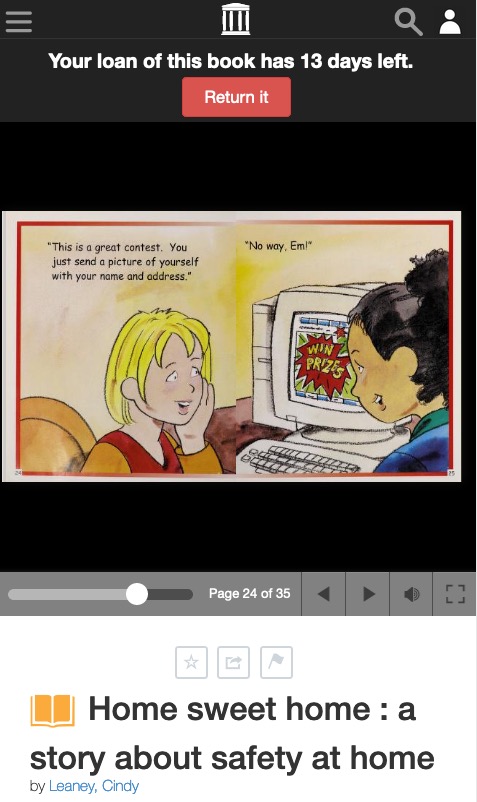It’s been an odd set of months. I got busy with Drop-In Time and then very un-busy. I’ve been keeping up with my newsletter a little, and doing email Drop-in Time, public awareness stuff on various mailing lists, keeping my ear to the ground. Still acting as a Qualifying Authority for the Internet Archive’s print-disabled program which got a LOT more visible thanks to the National Emergency Library. And so it was natural that someone would ask me about this. Got any questions, feel free to drop me a note. This question was a little longer, but a brief summary is a librarian question: “patrons who were asking about “free” ebook sites, ranging from OpenLibrary to ZLibrary. Are they safe? Legal? Should we even mention them to our patrons?” My response, which comes from my very particular place…
Hey there — thanks for asking. I do know a lot of these sites and I used to work for Open Library. My feelings on this topic are kind of complex, so I’ll just outline what I know. Sorry this is long!
So there are outright “We pirate stuff’ sites like Mobilism and ZLibrary. These are places that are basically set up to pirate things and have no veneer of legality to them. I have personally used them on rare occasions but I don’t think I’d point a patron to them. They often point people to sketchy download sites where it it incredibly easy to pick up viruses and etc. Though I must note the sites themselves do not have viruses or malware to the best of my knowledge. Continue reading “Ask A Librarian: What is the deal with “free” ebook sites?”


